NDA Baseball Coach Continues to Inspire Players
Coach Gives Thanks for Many Blessings Received While Beating Cancer
After listening to my baseball coach Andy Conard for two and a half years now, I know one of his favorite mottos is “Practice What You Preach.”
Seven years ago, Conard had his own words staring right back at him: he had to practice what he preached.
In September 2006 at age 36, Conard was in the best shape of his life. He was constantly working out. He didn’t drink alcohol or smoke cigarettes.
One day as he was running, he had trouble breathing. “If I climbed up a flight of stairs, I’d be wheezing,” Conard said.
Other changes occurred. In November he had a very bad cough, Conard thought it had been bronchitis, or an infection. He was given cough medication, Conard said. “It helped a little bit, but it progressively got worse right after Christmas.”
December 31, 2006, was the day Conard’s life changed forever. You could say he was caught off guard, just like Conard batting and getting fooled by a changeup. He was diagnosed with Non-Hodgkins Lymphoma.
Non-Hodgkin’s Lymphoma is a type of cancer that is a tumor in the center of the chest. As the tumor got worse and kept getting bigger, it affected his breathing heavily, he said.
Conard underwent chemotherapy from December 2006 to May 2007, five months of chemotherapy. He was scheduled to do eight rounds of it, once every three weeks, but it only ended up being five rounds, “For me, I was really lucky, I was able to handle the chemotherapy well. It made me feel run-down, and it was exhausting at times, but I had to battle through it with mental toughness,” he said.
For Conard, carrying on with everyday life was the best medicine. He continued to coach basketball and baseball. Conard was the assistant coach at St. Norbert College, and the cancer struck during his second year there. It was Conard’s first year at Notre Dame coaching baseball.
Conard reminisced that he was supposed to go to Kentucky for basketball, but the cancer and chemotherapy wouldn’t allow for travel. Rather than go, he got the chance to talk to his team through speakerphone from the hospital, he said.
When Conard was in the hospital, he was treated by Dr. Thomas Saphner. “We spent a quarter of the time talking about cancer, and the rest talking about basketball,” Conard said.
Doctor Saphner had told Conard, “You have better than a 50 percent chance of beating cancer.”
“So does that mean I could have a 49 percent chance or less of beating it?” Conard asked. “Right then and there,” Conard said, “I wasn’t going to feel sorry for myself, asking why this is happening to me.”
Conard said his mental toughness was tested at this point. Conard’s mother and father, and all his loved ones were in a big shock, he said. “Everyone around me thought that I would have been the last person to ever get cancer,” he said.
Over the next five years, Conard said one of the hardest parts was to go in to get his blood tested and to have his chest x-rayed. Conard said he feared that one day the doctor would come in and give him bad results, “because there’s always that fear of having to go through it all over again.”
In April 2007, four months after being diagnosed with cancer, there was a benefit put on for Conard at Legends in De Pere. “The response of people that showed up was overwhelming for me. There was over 2,000 people in attendance, and over 100,000 dollars was raised to help with the medical expenses,” he said.
“It was a special day for me to see everyone who wanted to help me get through something like cancer, which could be looked at as a negative,” he said.
Conard said that one of the most difficult parts about cancer was not letting cancer define who he was. “That’s what I spent the most time talking about with people,” he said.
Conard found that the best way of getting through his battle with cancer was letting people help him which was difficult because Conard is an independent and a very self-reliant guy.
“The most important aspect of the journey was that I tested my faith with God. I became a lot closer with God. I was at peace that he had a purpose for me to go through this cancer. I developed a lot of strength from that,” he said.
After battling cancer for so long, Conard had finally conquered cancer on May 8, 2007.
He continued coaching. “I didn’t skip a beat. I think the players and I became more closer. I think my players and I had grown more together that made us stronger, and I liked seeing them. That’s what I looked forward to was getting out on the baseball field,” he said.
To say that cancer had changed his life is an understatement.
“I try to take a step back, and count my blessings, so that when I’m standing on the fresh outfield grass at Carson Park in Eau Claire with my team, I’m at peace and I try to appreciate it, and to be thankful for my health.”
Being able to be out on the baseball field with his players is something that no one could ever take away from him.
“After looking back to 6 years ago, I don’t think about my cancer anymore. It’s a part of my past. I never spend a lot of time looking back,” he said.
Conard runs the Sting Cancer group at De Pere High School to show and to give back to people who generously gave to him, he said.
Conard’s perseverance and mental toughness helped him beat cancer, and his players have learned that when things get tough, “you have to battle through it, just like Conard Conard did.”

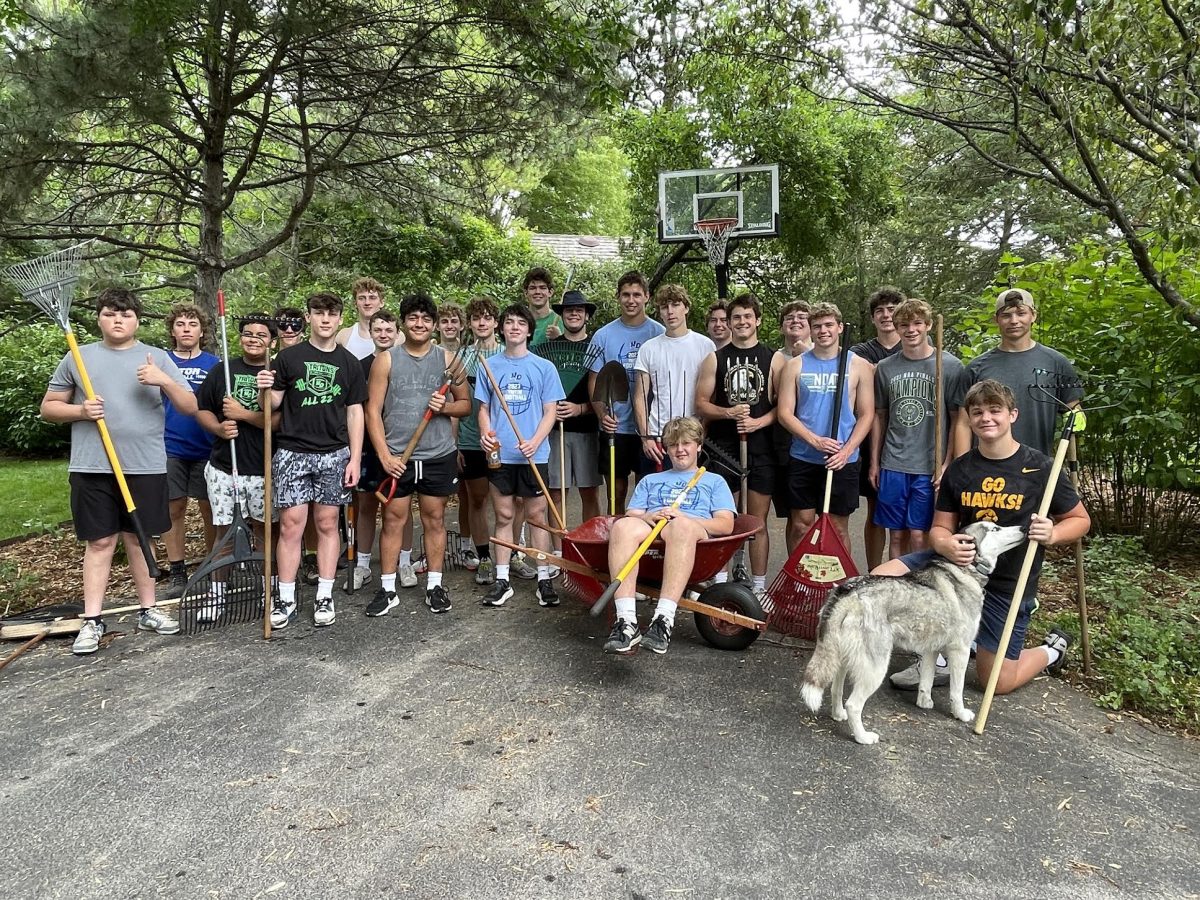
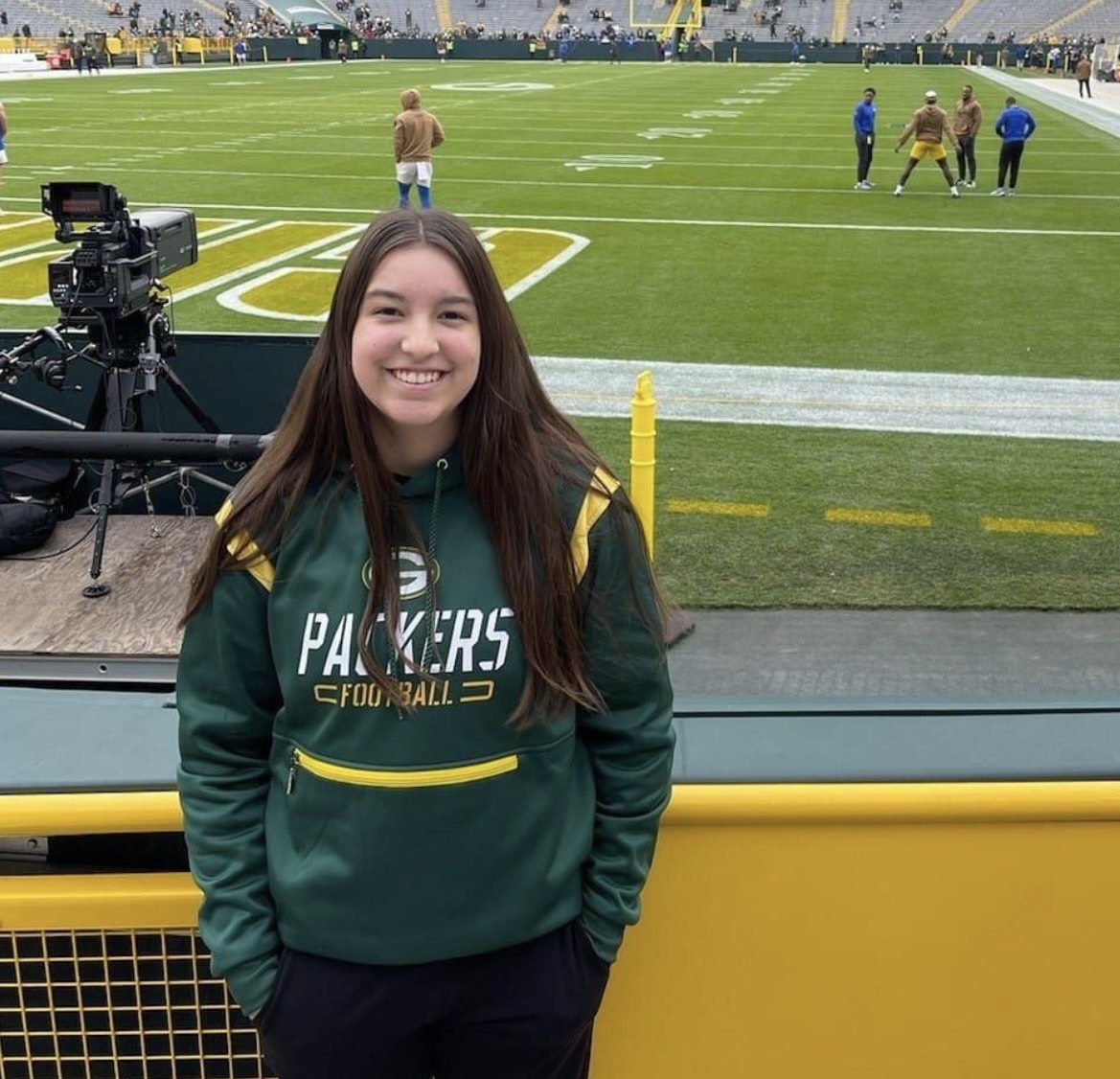
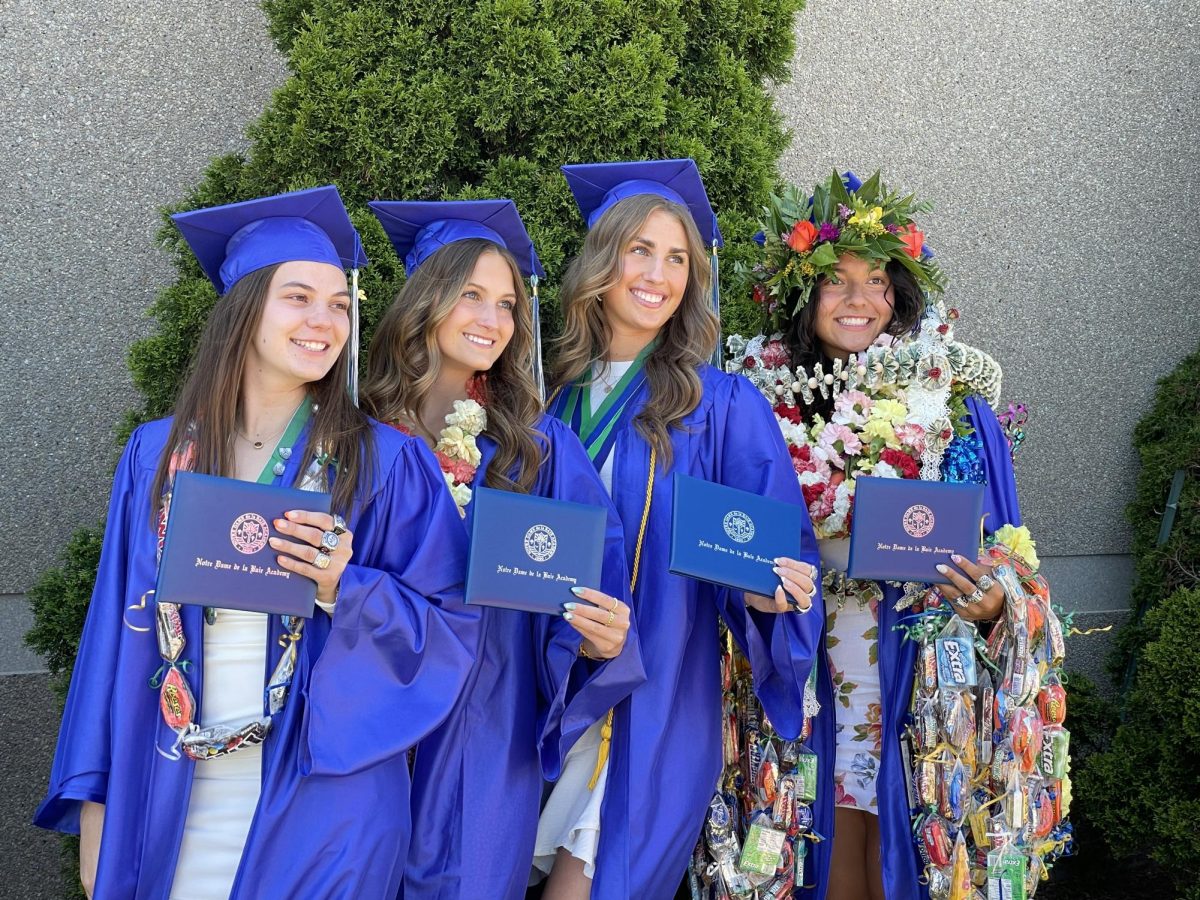
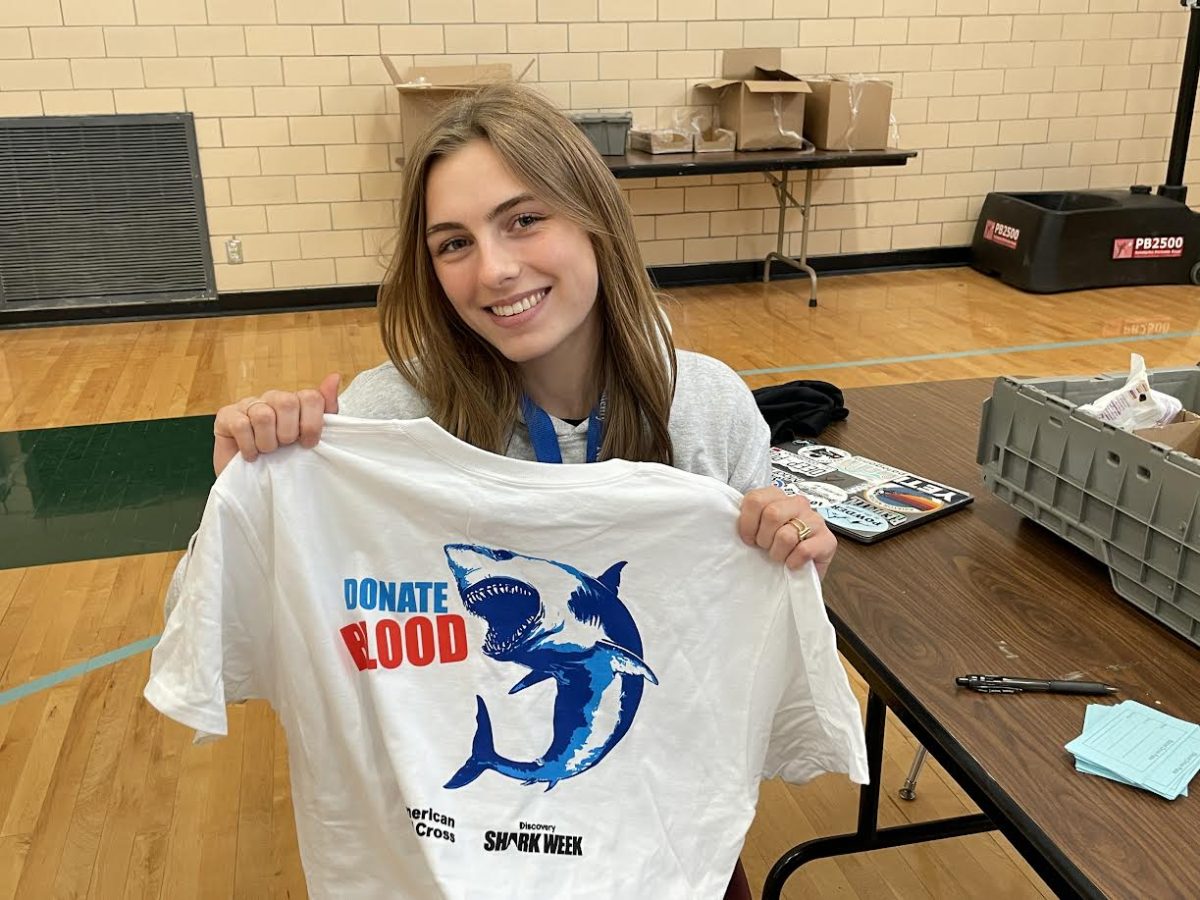
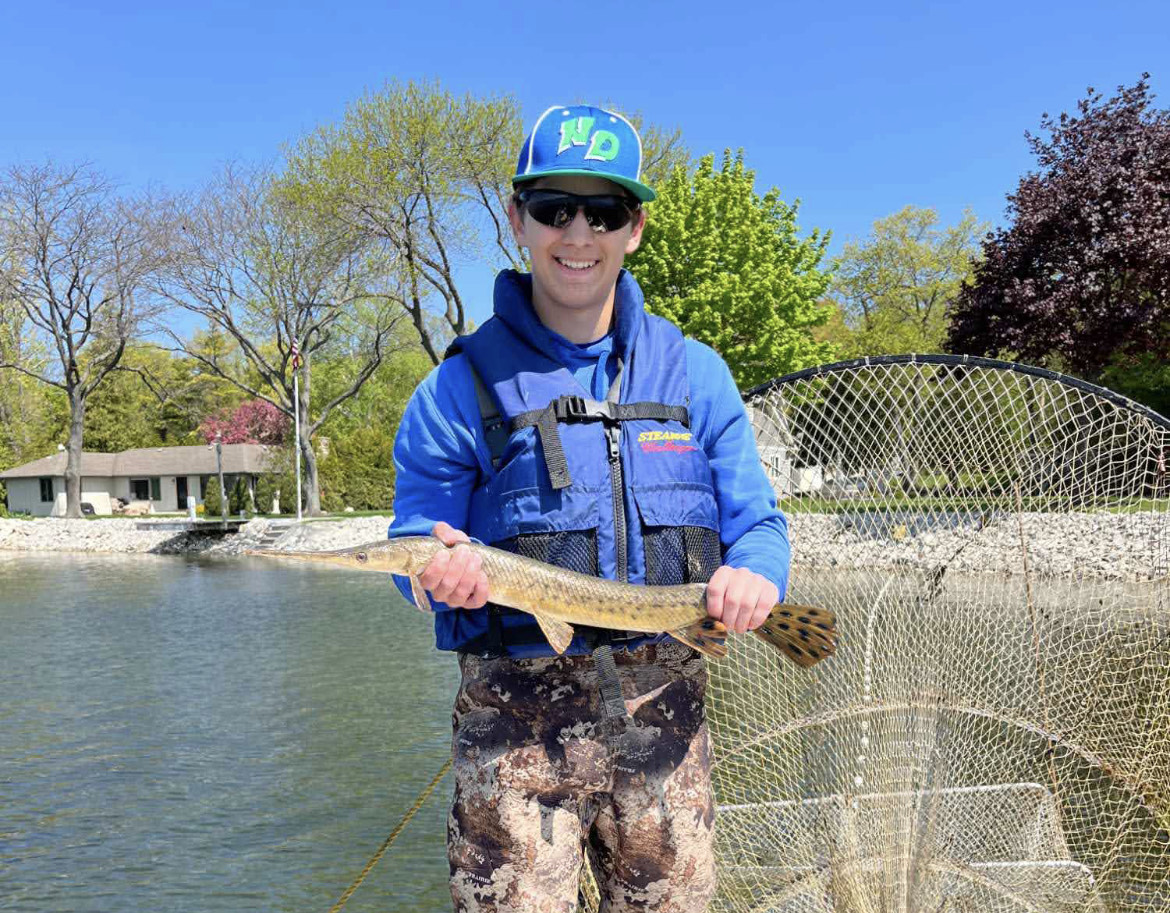

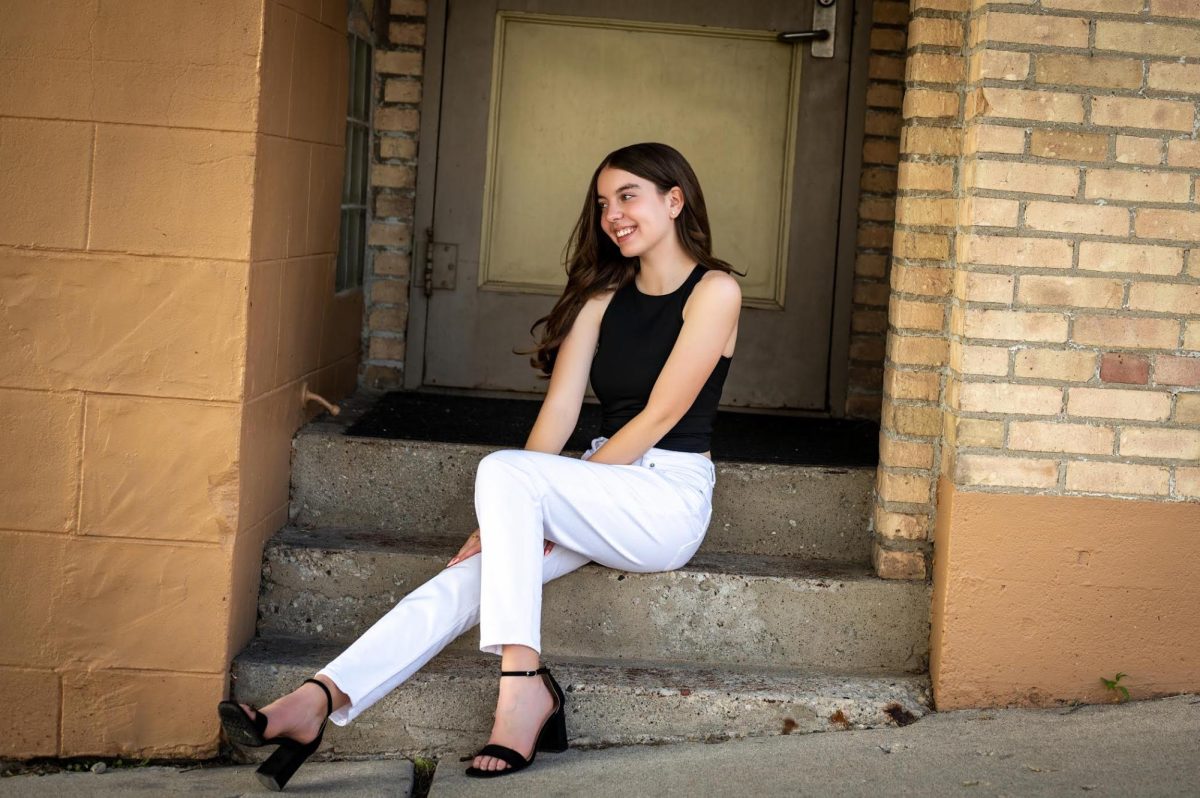
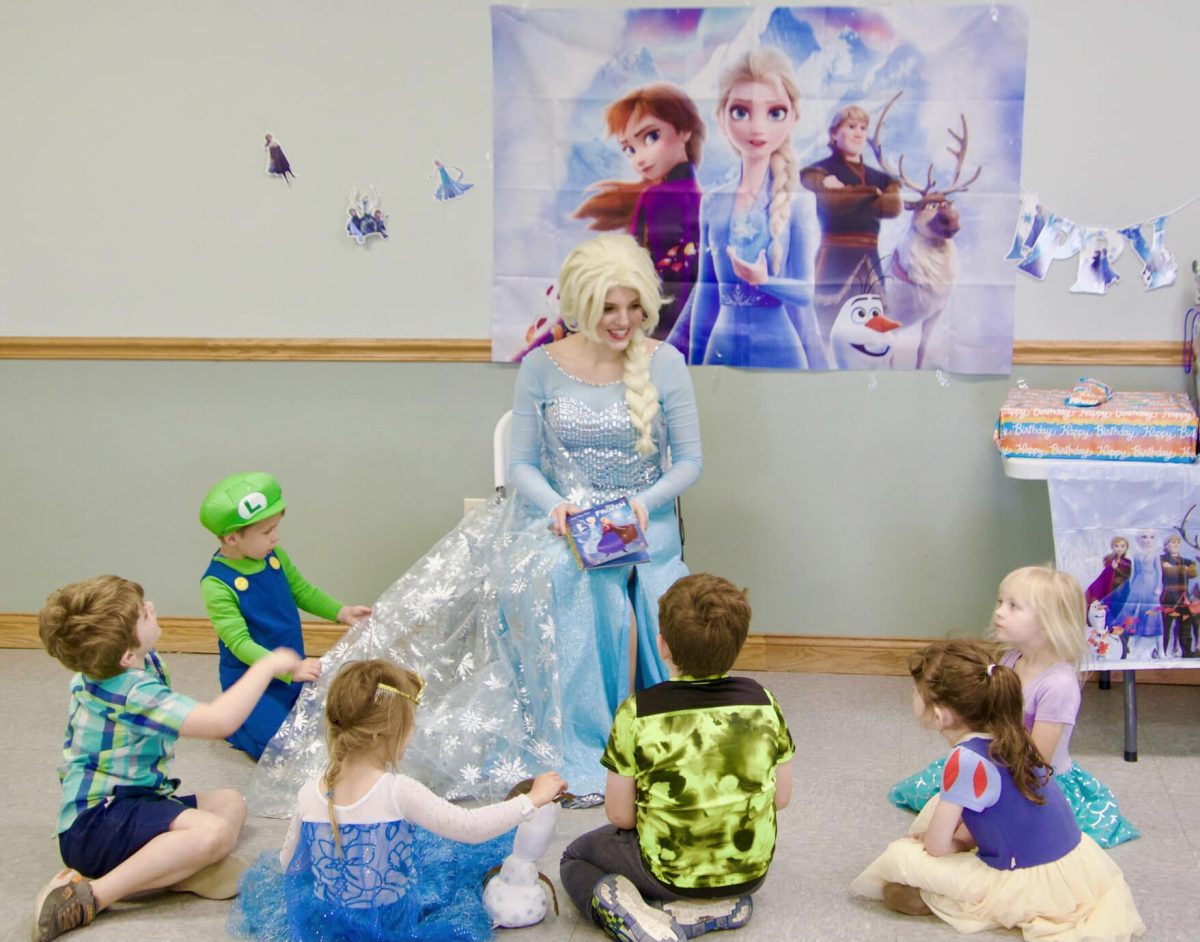
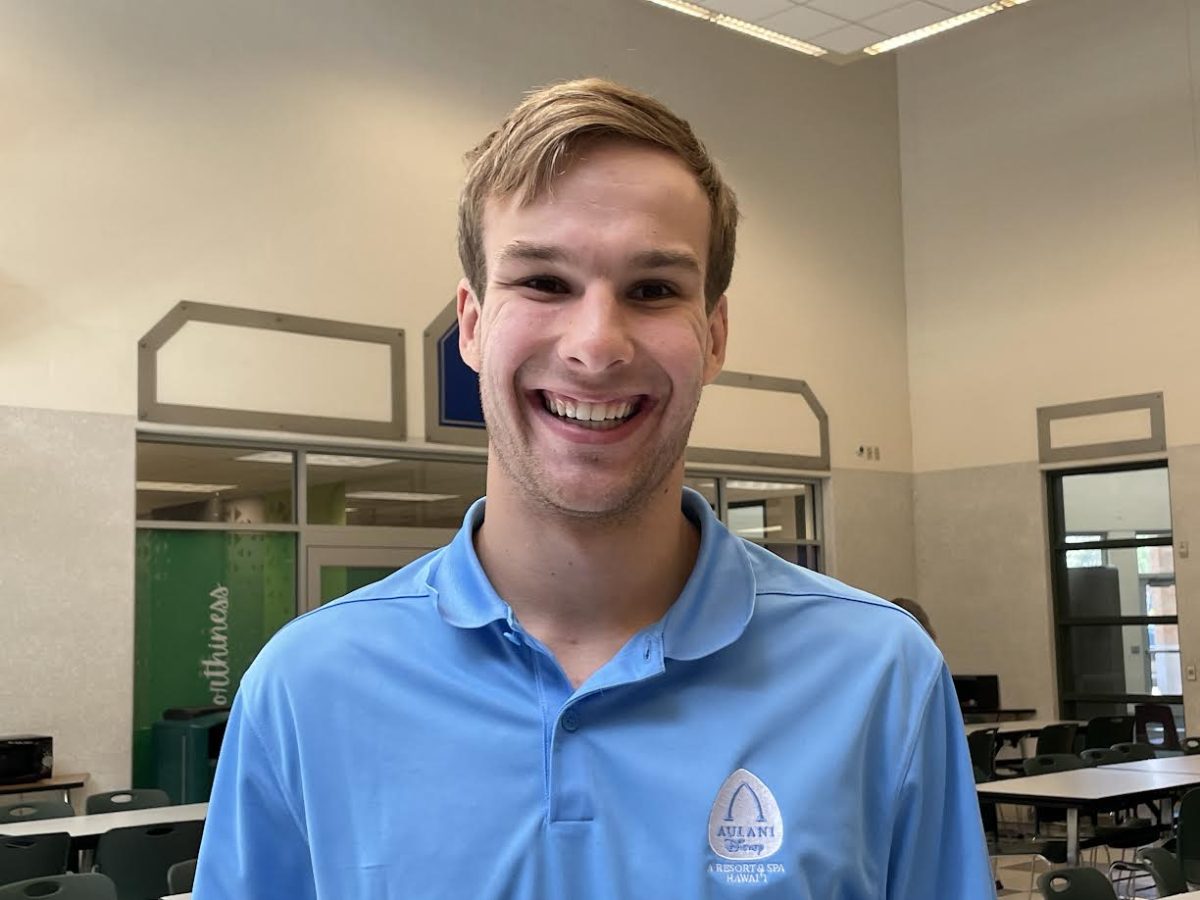
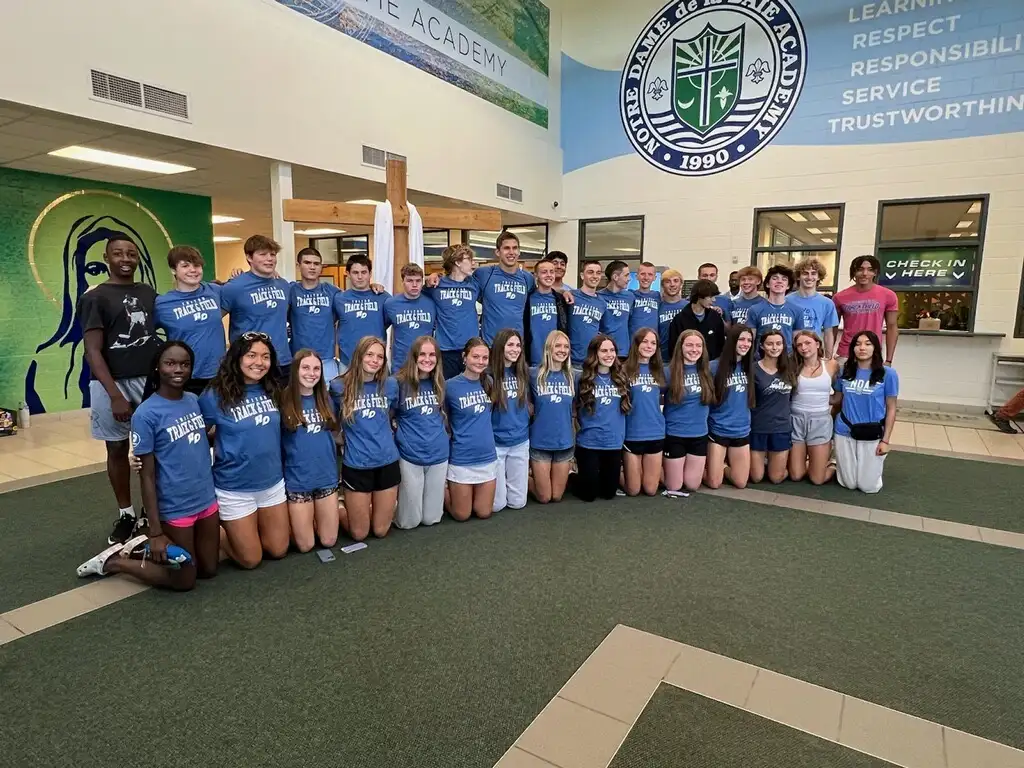
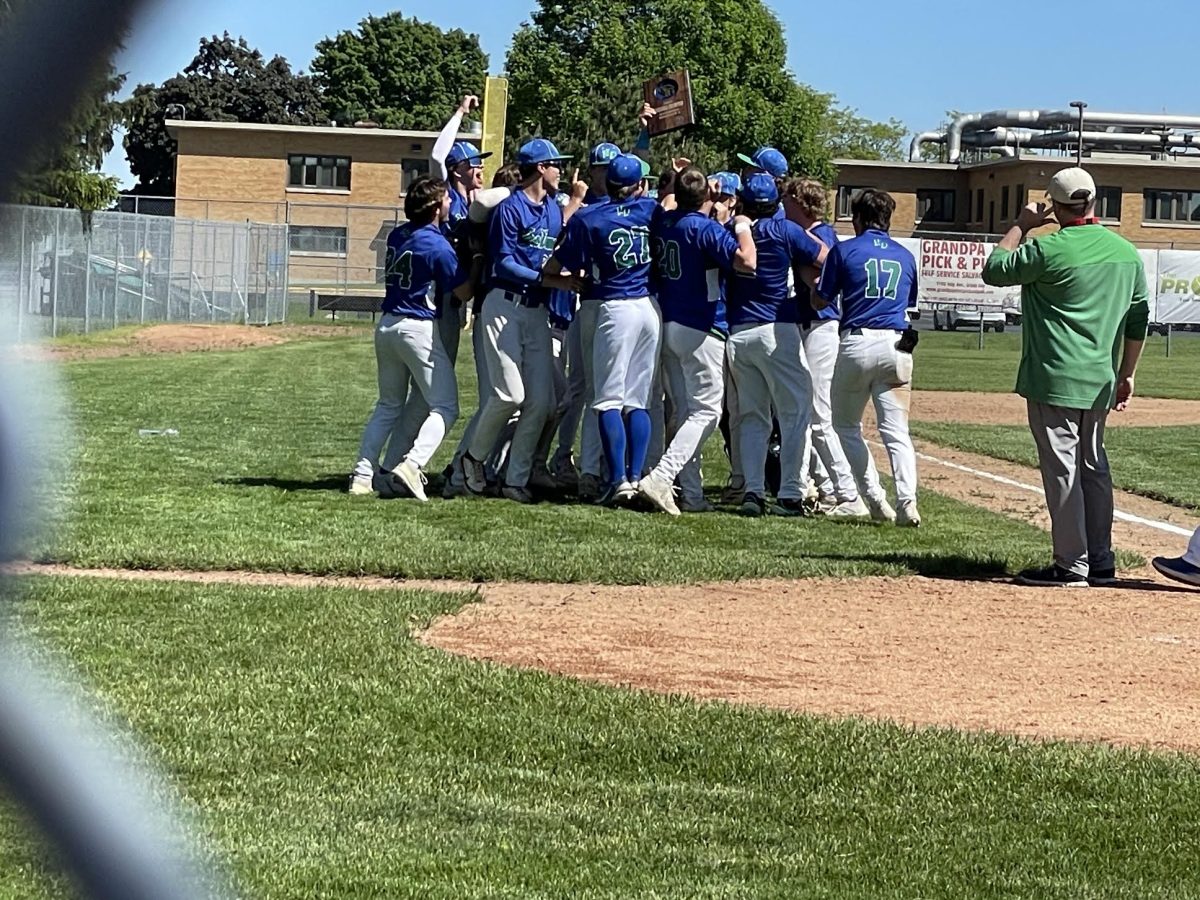
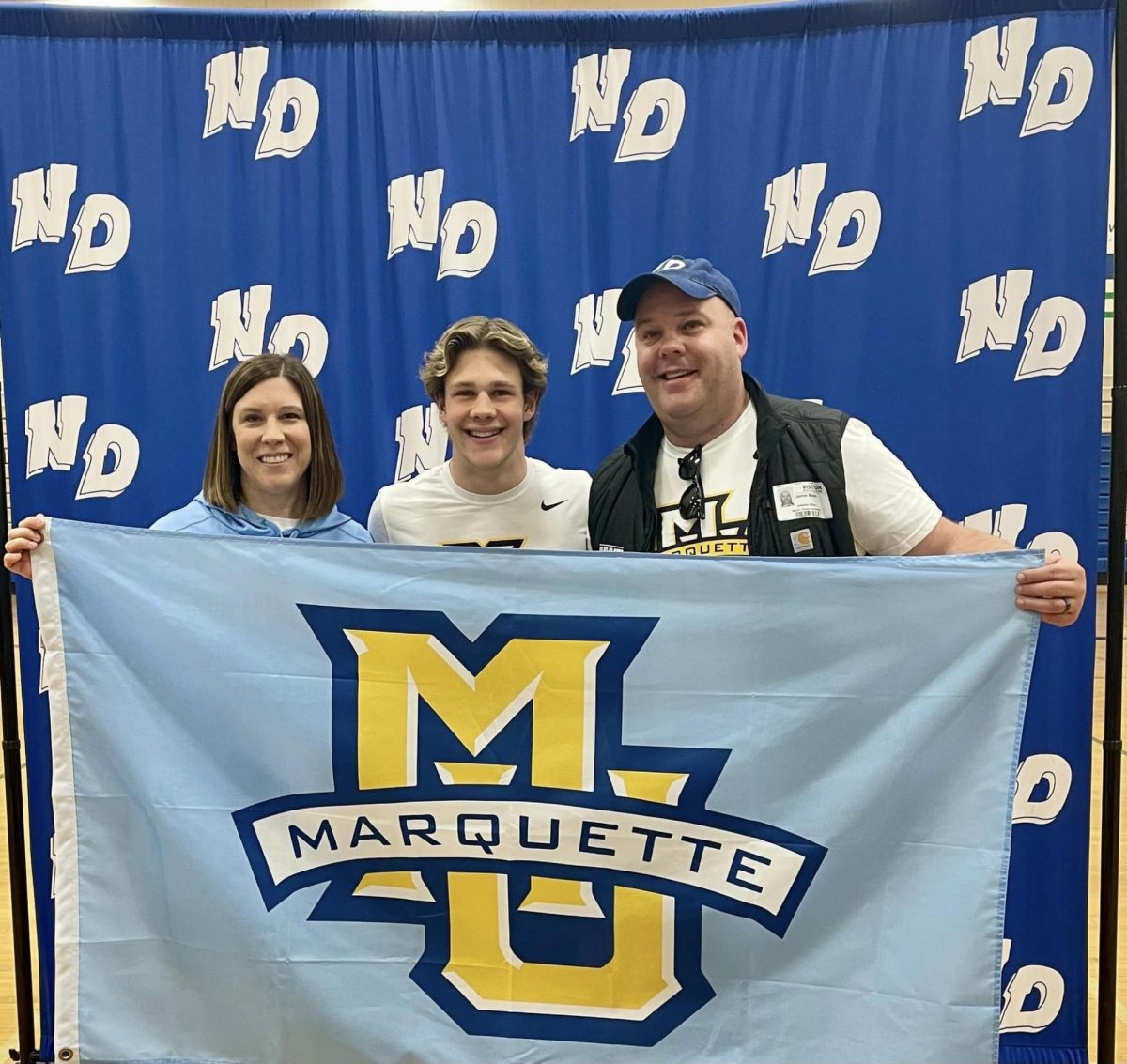

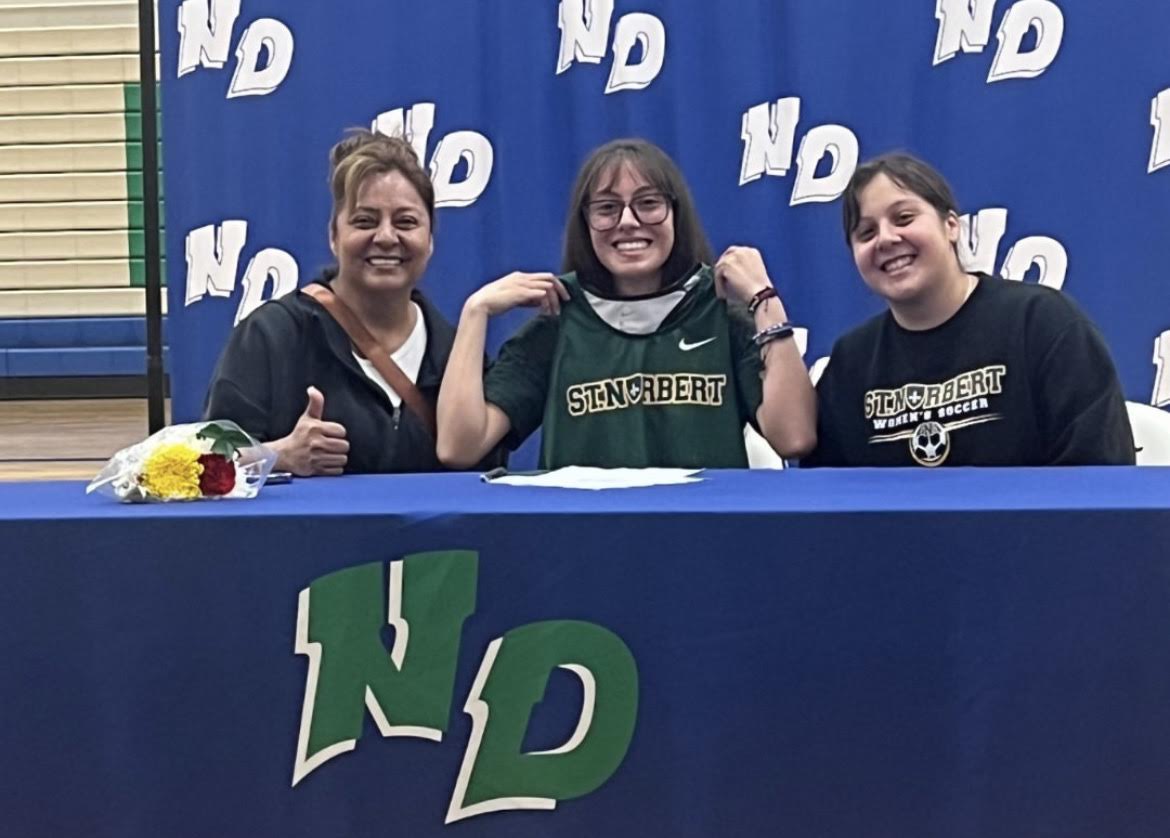
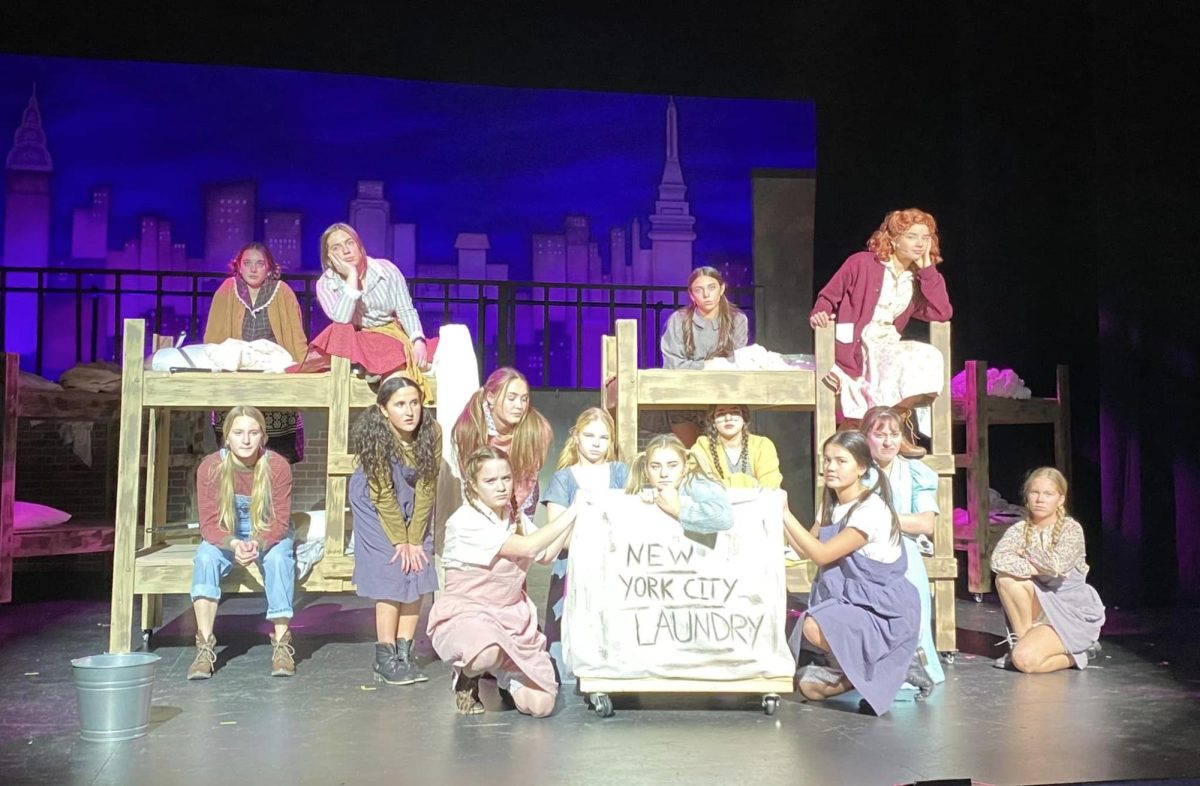
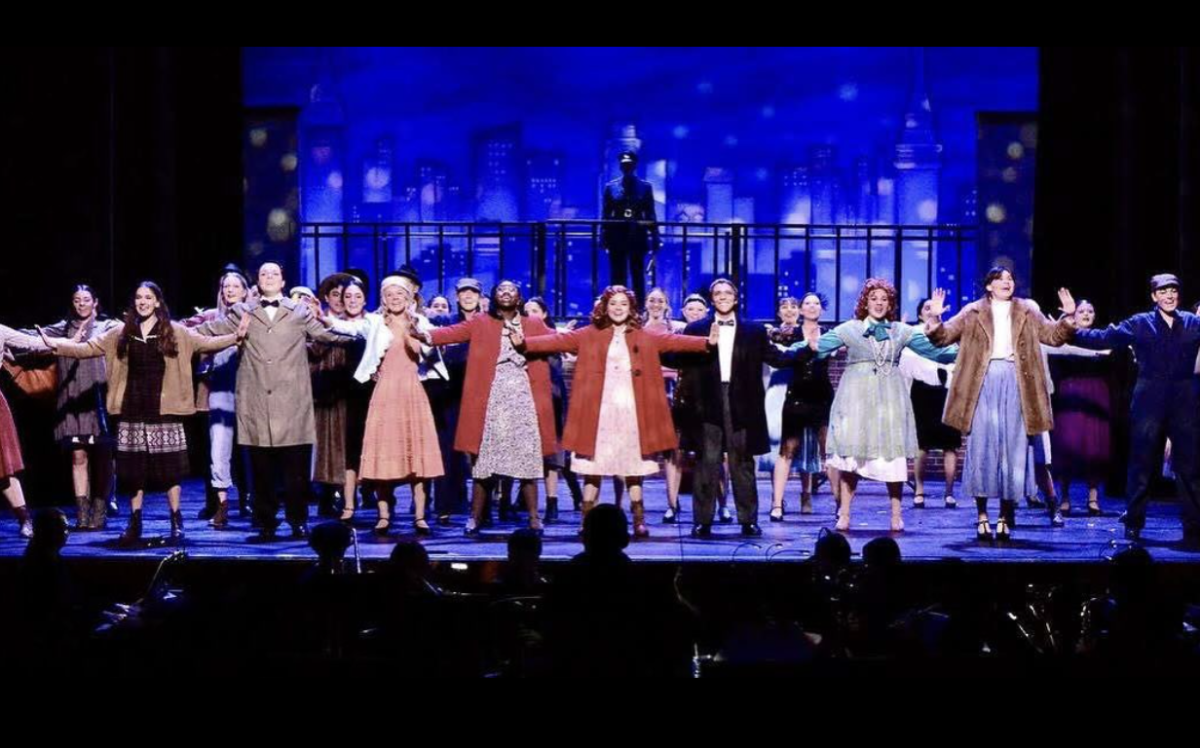
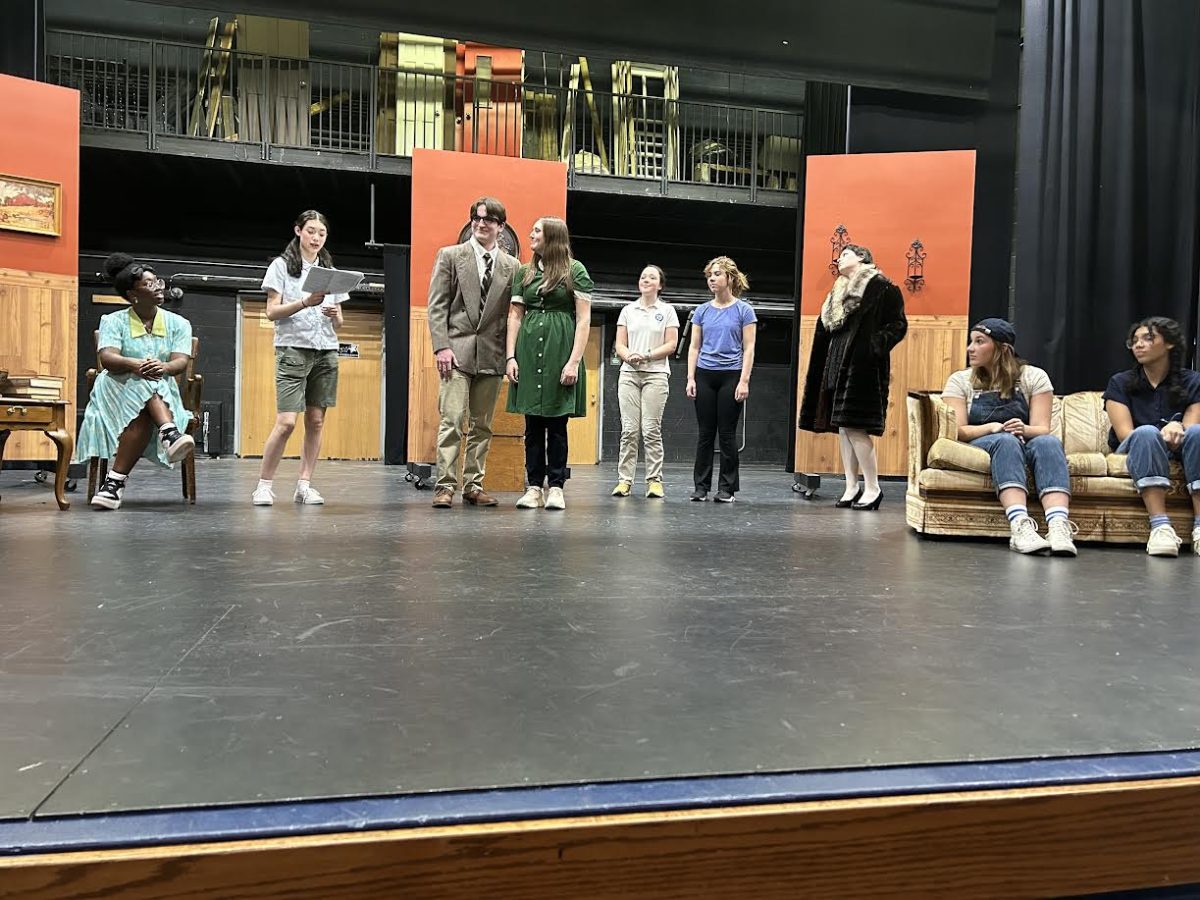



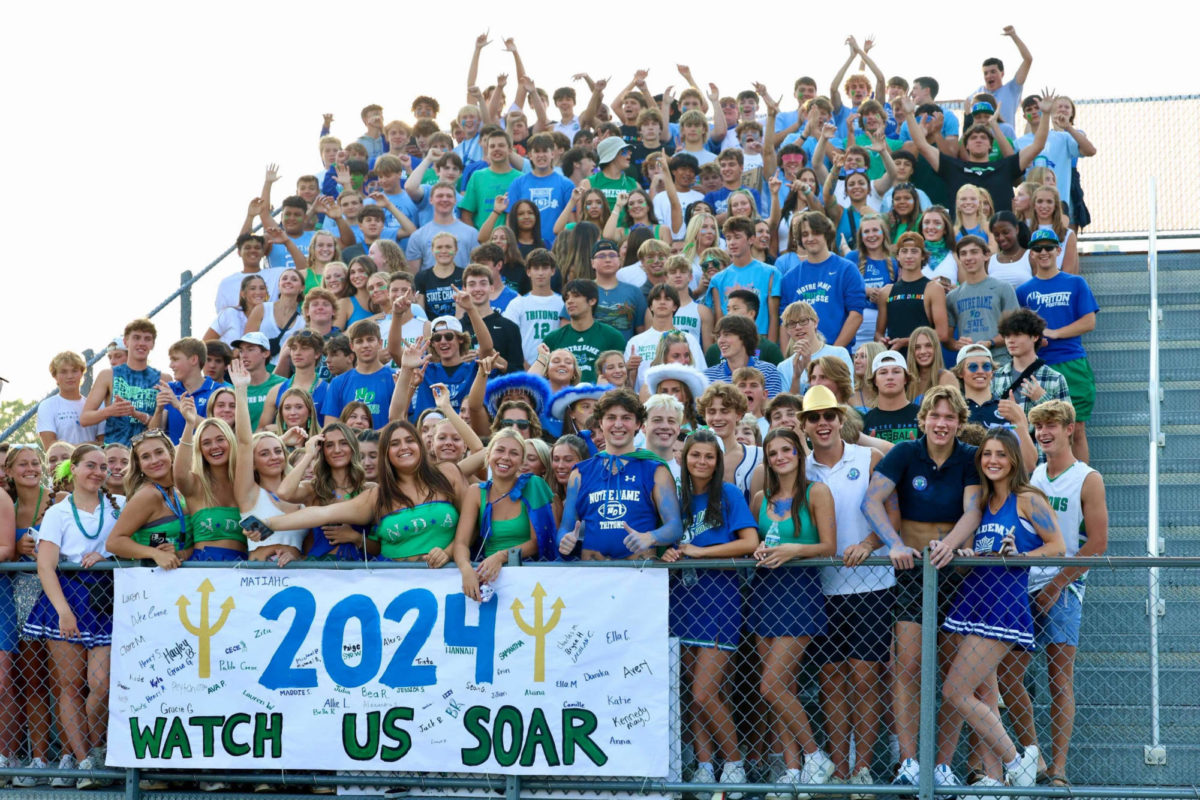
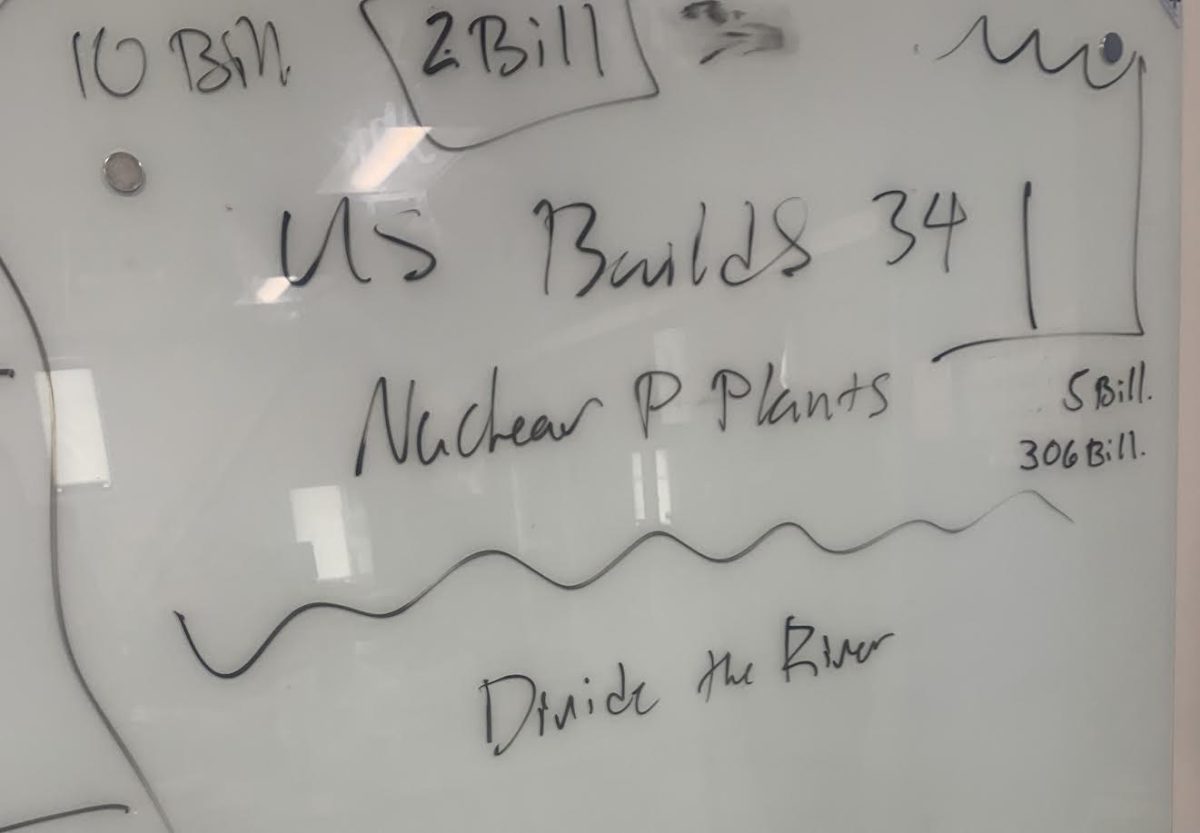

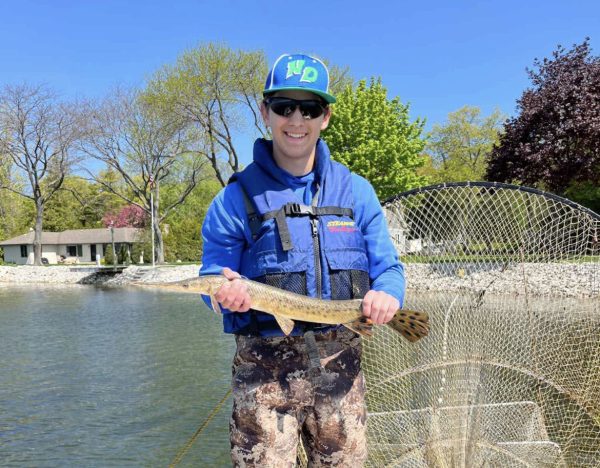
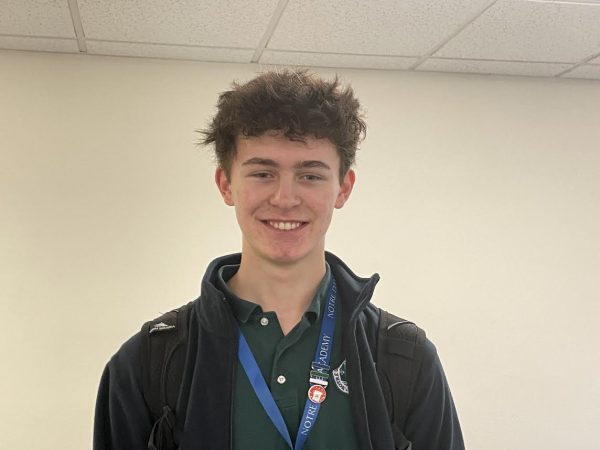
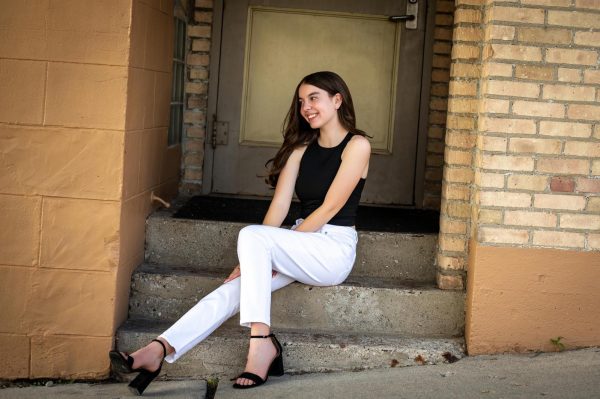
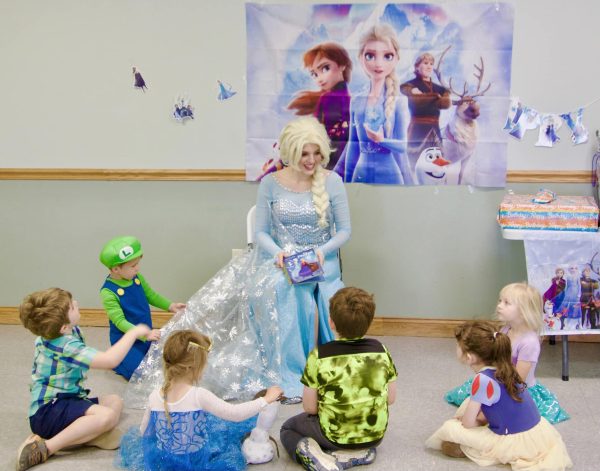
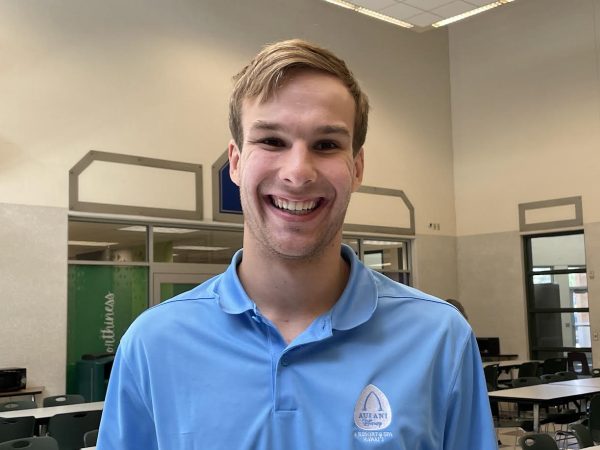
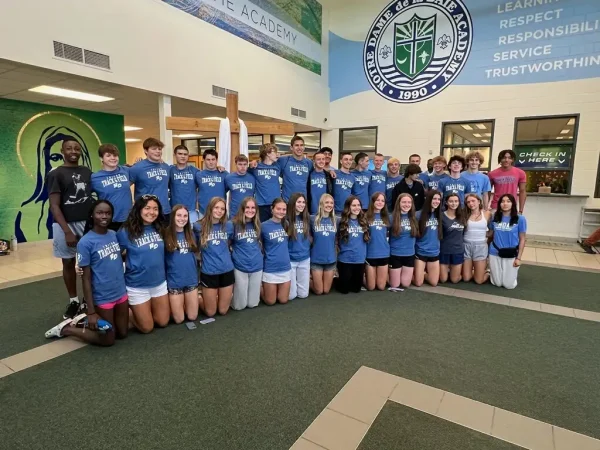
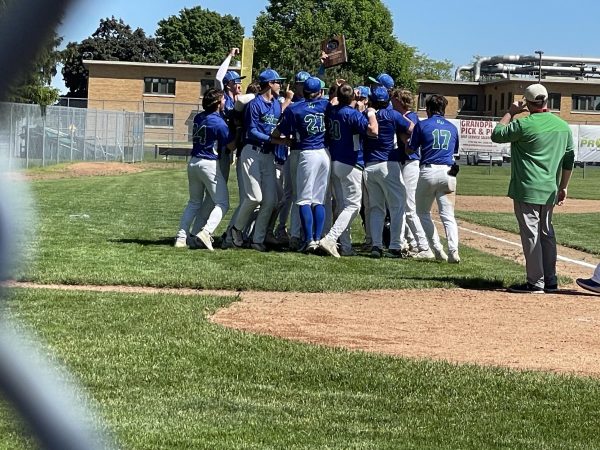
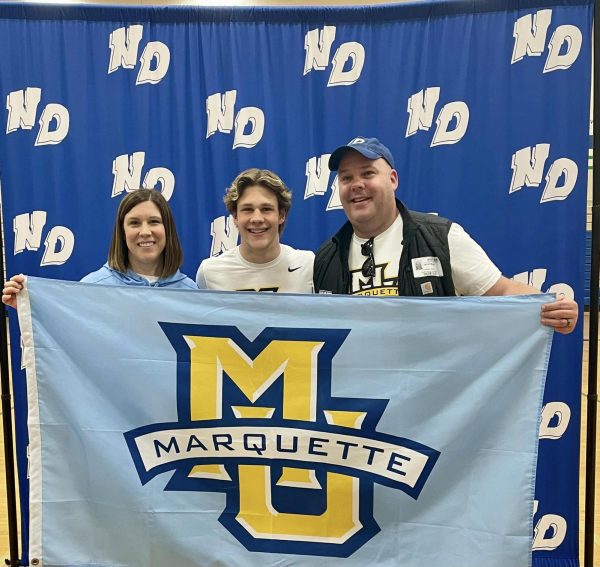
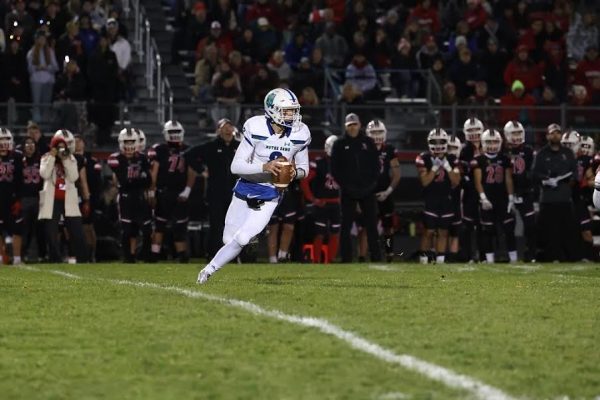
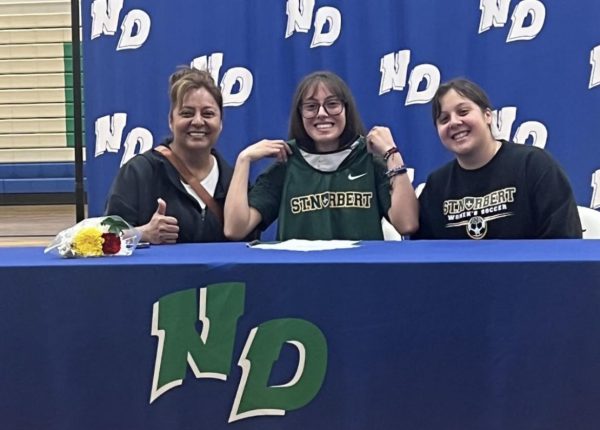
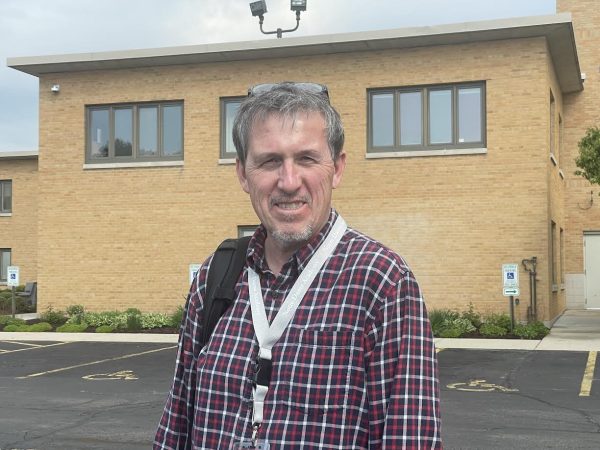
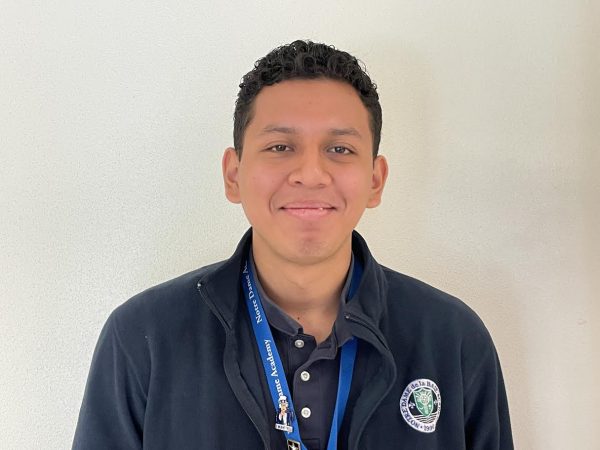
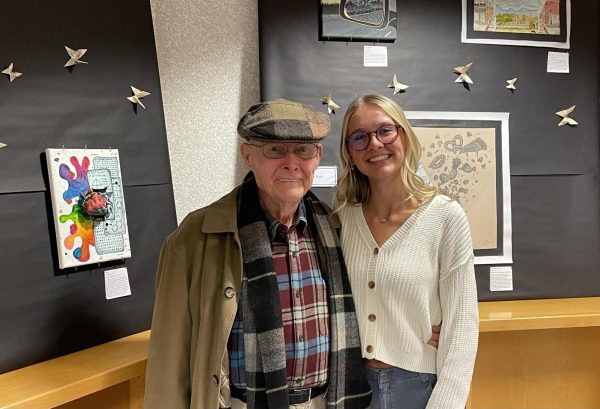
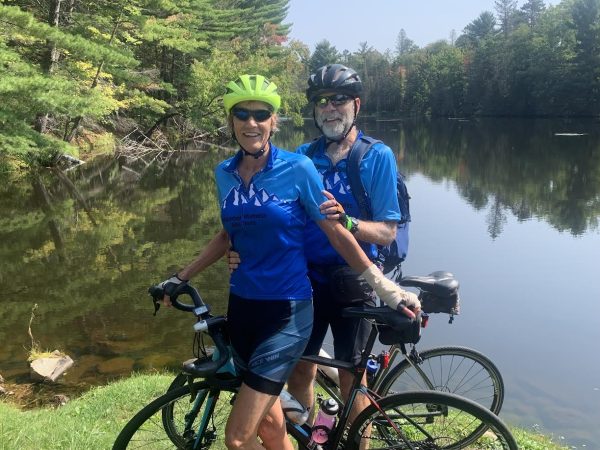


Spencer Flaten • Nov 12, 2013 at 9:19 pm
Atta boy Ty
Carolyn Brown • Oct 6, 2013 at 2:27 pm
Inspiring piece. Thanks, Ty!